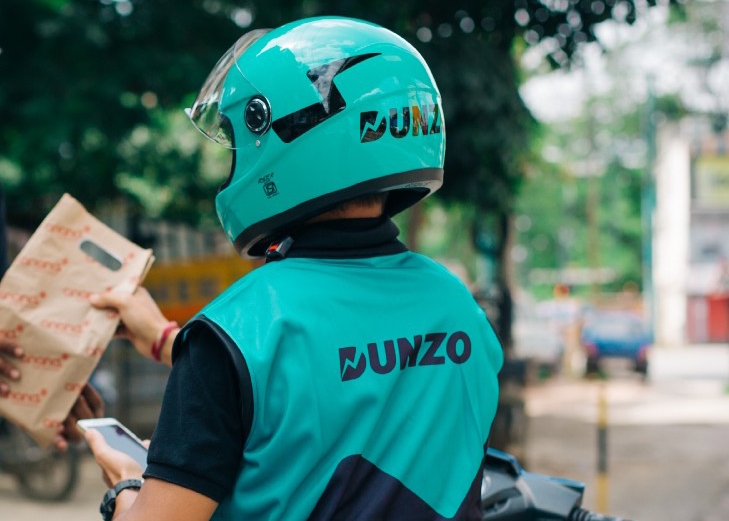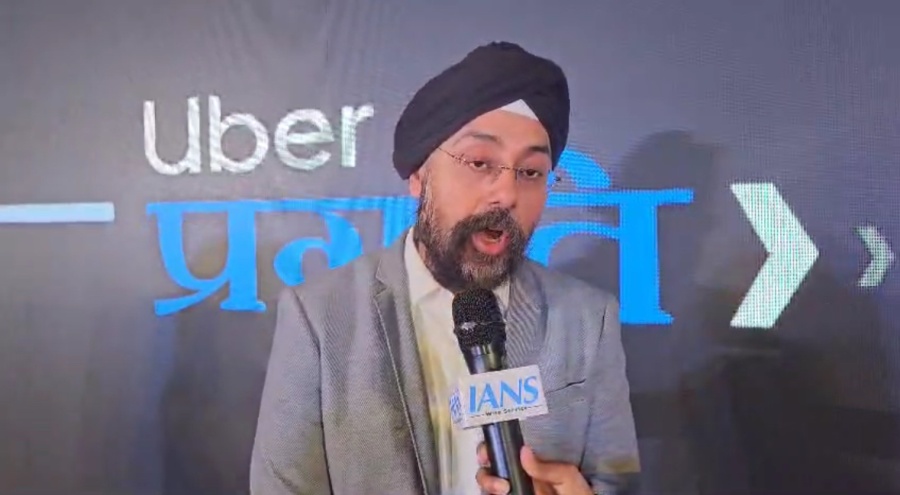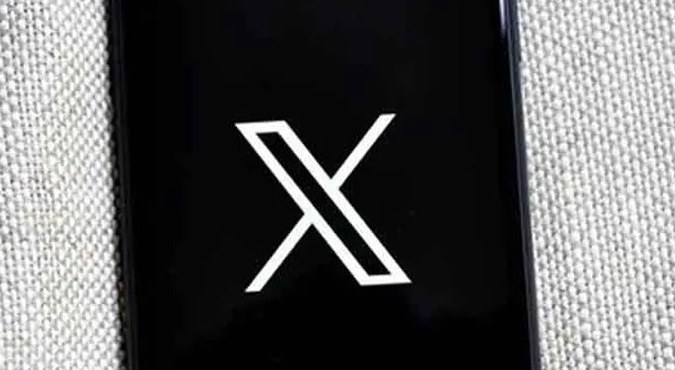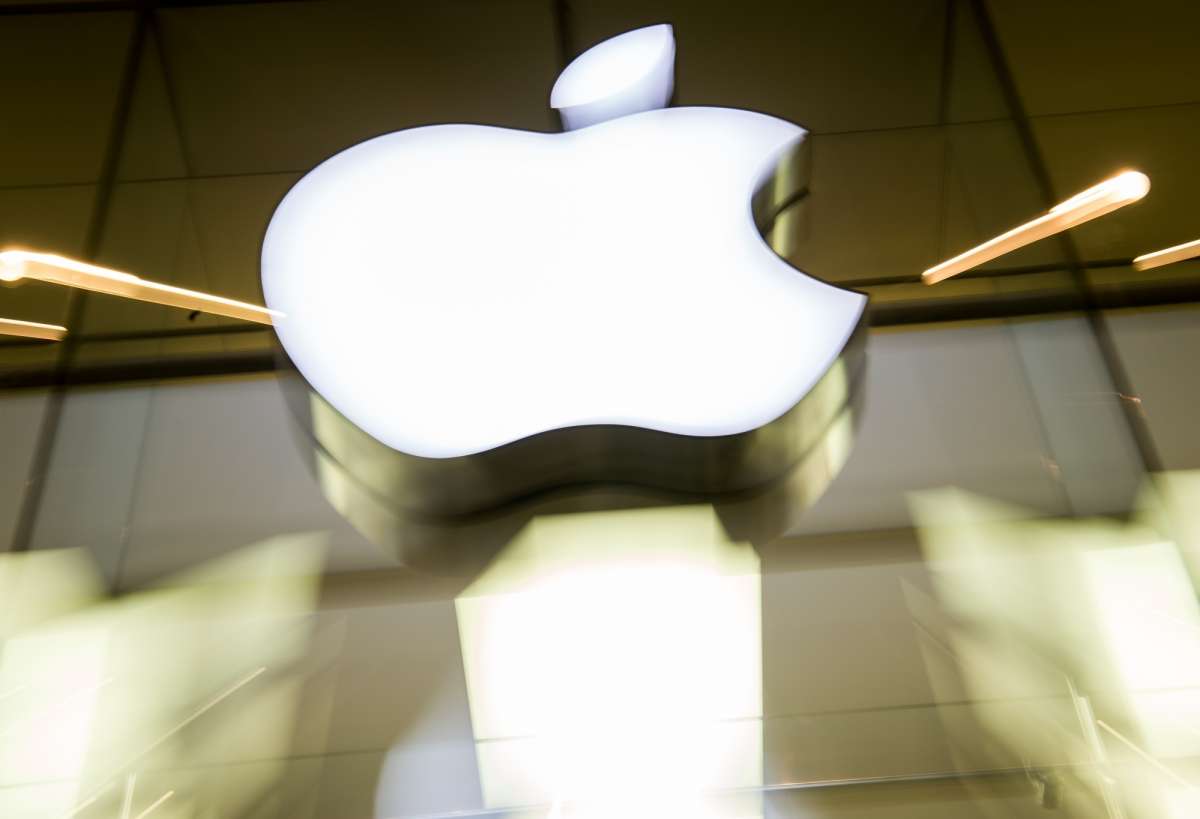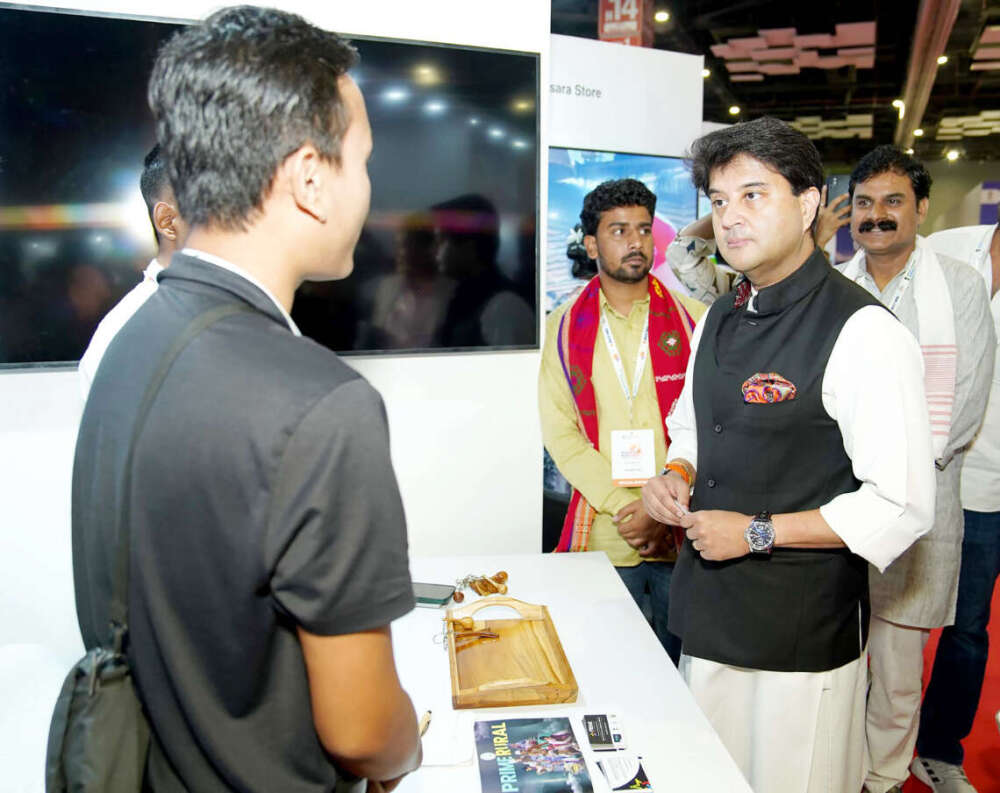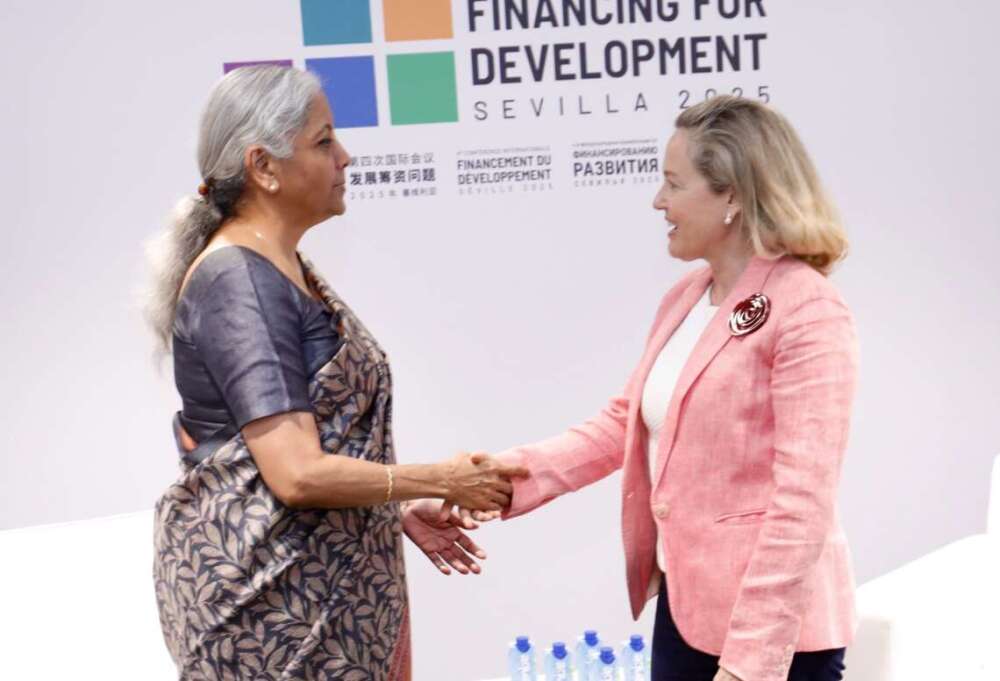Fairwork assessed platforms against five principles: Fair Pay, Fair Conditions, Fair Contracts, Fair Management, and Fair Representation…reports Asian Lite News
Ola, Porter, Uber and cash-strapped quick-grocery delivery provider Dunzo are the worst platforms for gig workers among 12 digital labour platforms evaluated when it comes to minimum standards of fair work in the platform economy in the country, a new report showed on Monday.
While Ola and tech-enabled logistics company Porter scored zero on a scale of 1-10, Uber and Dunzo received only one point, according to the ‘Fairwork India 2023’ report, spearheaded by the Centre for IT and Public Policy (CITAPP) at International Institute of Information Technology Bangalore (IIIT-B), in association with Oxford University.
The report evaluated 12 platforms offering location-based services in sectors such as domestic and personal care, logistics, food delivery and transportation, in the country.
This year, the report was structured around the theme of discrimination and alienation that often come up in experiences shared by platform workers.
In a year that has seen the formulation of a significant regulation based on inputs from workers called The Rajasthan Platform Based Gig workers (Registration and Welfare Act, 2023, “we hope that highlighting the experiences of workers will point to the structural changes that platforms, consumers and the state alike will need to undertake if the platform economy is to offer its workers decent work,” said Professors Balaji Parthasarathy and Janaki Srinivasan, principal investigators.

Fairwork assessed platforms against five principles: Fair Pay, Fair Conditions, Fair Contracts, Fair Management, and Fair Representation.
Each principle was broken down into two points: a first point and a second point that can only be awarded if the first point has been fulfilled.
The report looked at 12 platforms, including Amazon Flex, Bigbasket, BluSmart, Dunzo, Flipkart, Ola, Porter, Swiggy, Uber, Urban Company, Zepto and Zomato.
No platform scored more than six out of the maximum of 10 points, and none scored all the first points across the five principles.
In its first year of participation, ride-hailing platform aggregator BluSmart scored higher than more established platforms in its sector, with 5 points out of 10.
“There is room for cautious optimism that BluSmart’s operational model might represent a step towards better conditions for drivers in the platform economy,” the report mentioned.
Bigbasket, Flipkart and Urban Company were the only platforms with a minimum wage policy to ensure that all their workers earn at least the hourly local minimum wage after factoring in work-related costs.
“No platform made the second point of the Fair Pay principle, which requires platforms to provide sufficient evidence that workers earn at least the local living wage after work-related costs,” the findings showed.
Under the ‘Fair Conditions’ principle of providing adequate safety equipment and periodic safety training to their workers, Bigbasket, Swiggy, Urban Company, Zepto and Zomato were awarded the second point.
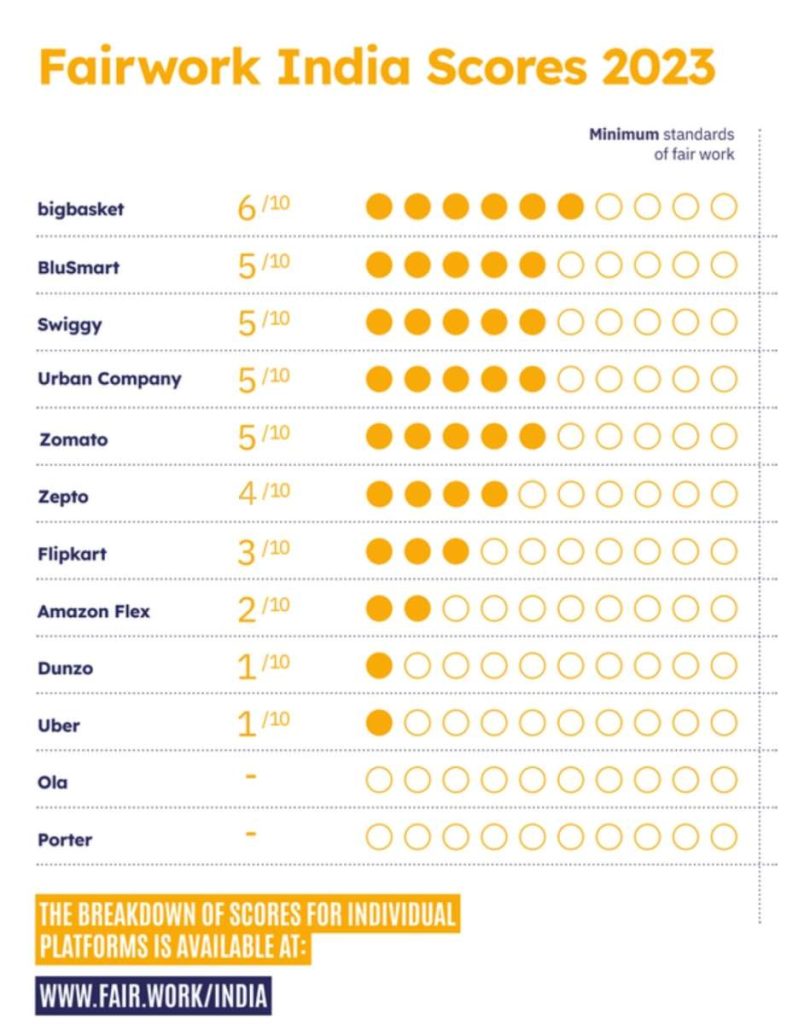
Bigbasket, BluSmart, Urban Company, Zepto, and Zomato met the requirements for the second point under ‘Fair Contracts’ by adopting a change notification clause in their contracts, reducing asymmetries in liability, adopting a code of conduct for their subcontractors, and making the variables of pricing transparent where dynamic pricing was used.
Under the ‘Fair Management’ principle, there was sufficient evidence only from BluSmart and Swiggy to meet the second point.
“No platform could be awarded a point for ‘Fair Representation’ principle this year,” said the report


